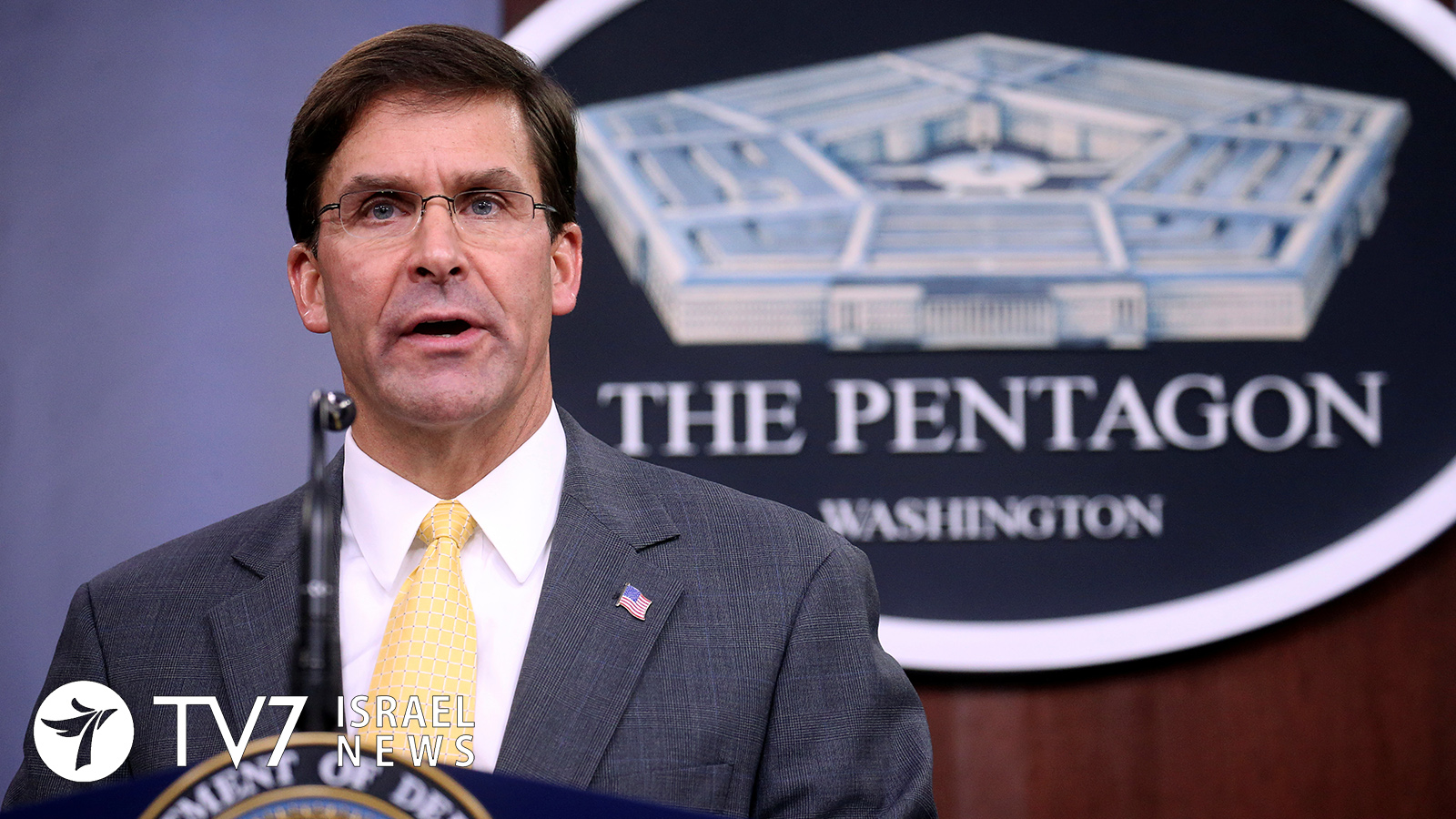U.S. Secretary of Defense Mark Esper asserted that the United States “is not seeking conflict with Iran.” That, seemingly irregardless of Iran’s continued activities by means of its proxies and the Revolutionary Guards Corps across the Middle East.
During a Pentagon press briefing, Secretary Esper reiterated President Donald Trump’s repeated calls for diplomatic efforts to ensue, an aspiration that has limited American military actions to “avoid a situation that would get (all parties involved) off of (the diplomatic) track.” The U.S. Defense Chief reminded his listeners, “You saw over the weekend some reporting the President once again said that he’s more than willing to meet with Iran’s leaders to resolve this diplomatically, and that has been the purpose of Operation Sentinel was to avoid a situation that would get us off of that track and onto a different one.” He went on to explain, “So, to the degree that’s been successful that’s good. I’m not sure I’m ready to call the crisis over yet, but so far so good,” expressing the Trump administration’s hopes for “trend lines (to) continue that way” and “that the parties that the Iranians would agree to talk, meet and talk and help us resolve these issues. ”
Despite repeated American calls on Iran to divert from its hostile activities and pursue a diplomatic solution, however, the Islamic Republic remains intransigent that ‘unless Washington lifts its sanctions on Tehran and returns to the 2015 nuclear deal, the Ayatollah Regime will refuse to re-engage in relevant negotiations.’
After speaking at the Instituted of Strategic and International Studies in Kuala Lumpur, Iranian Foreign Minister Muhammad Javad Zarif accused the United States of engaging in “an economic war against the Iranian people,” adding that “it won’t be possible for (Iran) to engage with the United States unless they stop imposing a war, and engaging in economic terrorism against the Iranian people.” Tehran’s top diplomat stressed that message has been conveyed to Washington, saying, “We spoke at length with the United States, we reached an agreement, and they need to implement the agreement we had reached before they can expect to have more talks.”
While Iran continues to reject dialogue, U.S. President Donald Trump and his Iranian counterpart Hassan Rouhani are both due to attend the United Nations General Assembly in September – a known platform for meetings between enemies from a wide range of sectors. Nonetheless, Rouhani’s participation in any such talks would be contingent upon a grant of approval from the Islamic Republic’s Supreme Leader Ayatollah Ali Khamenei. Unless Khamenei was to deviate from his many previous declarations that his nation will never renegotiate with the United States, a Rouhani-Trump meeting remains less than likely.
